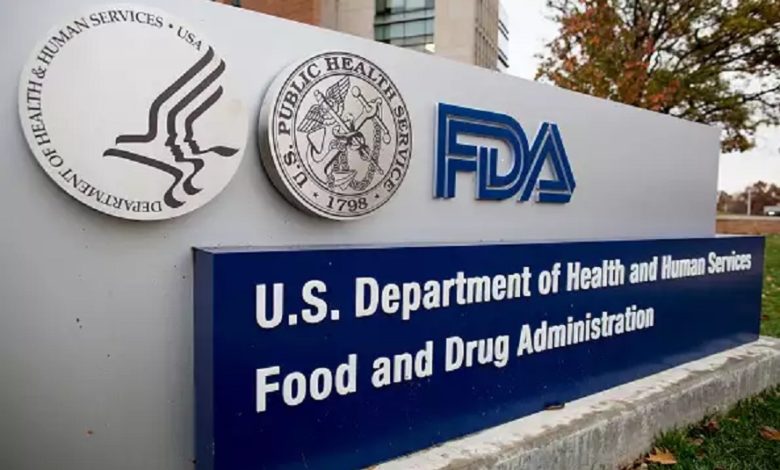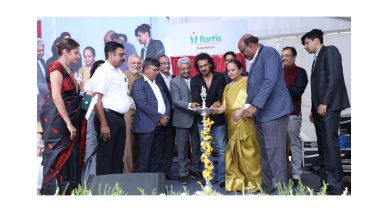US FDA grants designation to Datar Cancer Genetics for blood test to diagnose inaccessible brain tumours

TriNetra-Glio is intended to detect the cells released in the blood from the brain tumour; these cells are extremely rare
Datar Cancer Genetics announced that the US Food and Drug Administration (FDA) has granted ‘Breakthrough Device Designation’ for its ‘TriNetra-Glio’, a blood test to help in the diagnosis of brain tumours. This is the third test from the company to have received the Breakthrough Device Designation from the US FDA. The company’s early-stage breast and prostate cancer detection tests became the first liquid biopsies to receive the Breakthrough Device Designation.
Diagnosis of brain tumours is resource-intensive and risk-prone and brain biopsies are impossible to perform in almost 40 per cent of advanced cases. Presently, there is no blood test worldwide for the diagnosis of brain cancers, and doctors have to rely on complex surgical procedures to obtain tumour tissue for histopathological evaluation. The TriNetra-Glio liquid biopsy is intended to detect the cells released in the blood from the brain tumour; these cells are extremely rare.
A prospective, blinded study by a research team at the Imperial College, London, showed the test to be highly accurate. The test requires 15 ml blood and is indicated for patients where a brain biopsy, although necessary, cannot be performed or has been unsuccessful.
“In my opinion, a non-invasive blood test that detects circulating tumour cells (CTCs) would help to address many of the problems associated with complex brain tumour diagnosis. As a surgeon working on other technologies to define the tumour and functional boundary during surgery to a molecular level of accuracy and to shorten the diagnostic pathway that would inform surgeons, I find this technology of significant interest. In particular, the intended indication to provide a liquid biopsy diagnosis from a simple blood test where tumours are deemed inoperable or inaccessible will truly address an unmet clinical need. I have found this test to be highly sensitive and specific. This breakthrough technology has true diagnostic utility by detecting cells rather than picking up molecular indicators of disease, which until now liquid biopsies have been based upon,” said Dr Kevin O’Neill, Consultant Neurosurgeon, Chairman of the Brain Tumor Research Campaign and Principal Investigator for the Brain Tumor Research Charity’s Centre of Excellence working at the Imperial College, London, who led the blinded study to evaluate the test.
“The clinical study data is indeed very impressive. This is the third and the most significant ‘breakthrough’ test from Datar Cancer Genetics up until now. This can change clinical practice and help patients with difficult-to-access brain tumours immensely. It is a very proud moment for Indian science and a landmark achievement for cancer research globally,” said Dr Sewanti Limaye, Director Medical & Precision Oncology and Director Oncology Research, Sir HN Reliance Foundation Hospital, Mumbai.
Dr Darshana Patil, Medical Director of the Company commented that the breakthrough designation by the FDA is a landmark recognition of the technology behind the test. “Our proprietary CTC-enrichment and detection technology powers the non-invasive test to help diagnose challenging cases of brain tumours without any attendant risk. The test has previously received CE certification in Europe,” she said.
The Breakthrough Designation is granted by the FDA after rigorous evaluation indicating a reasonable expectation of analytical and clinical success for devices that demonstrate a potential for more effective diagnosis of life-threatening diseases such as cancer. The Breakthrough Devices Program intends to provide patients and healthcare providers with timely access to medical tests and devices granted such designation by prioritised review to expedite development and assessment.




